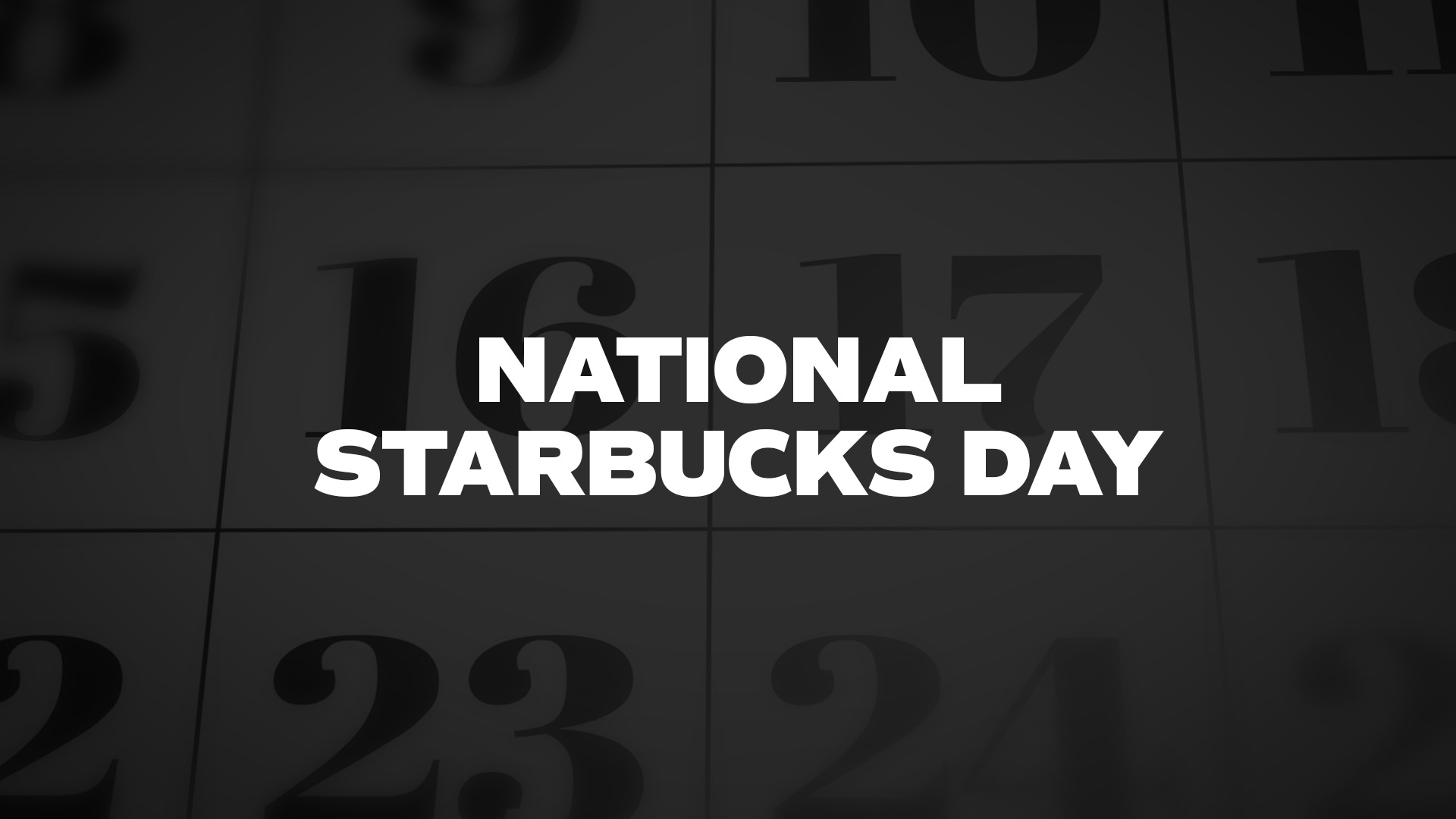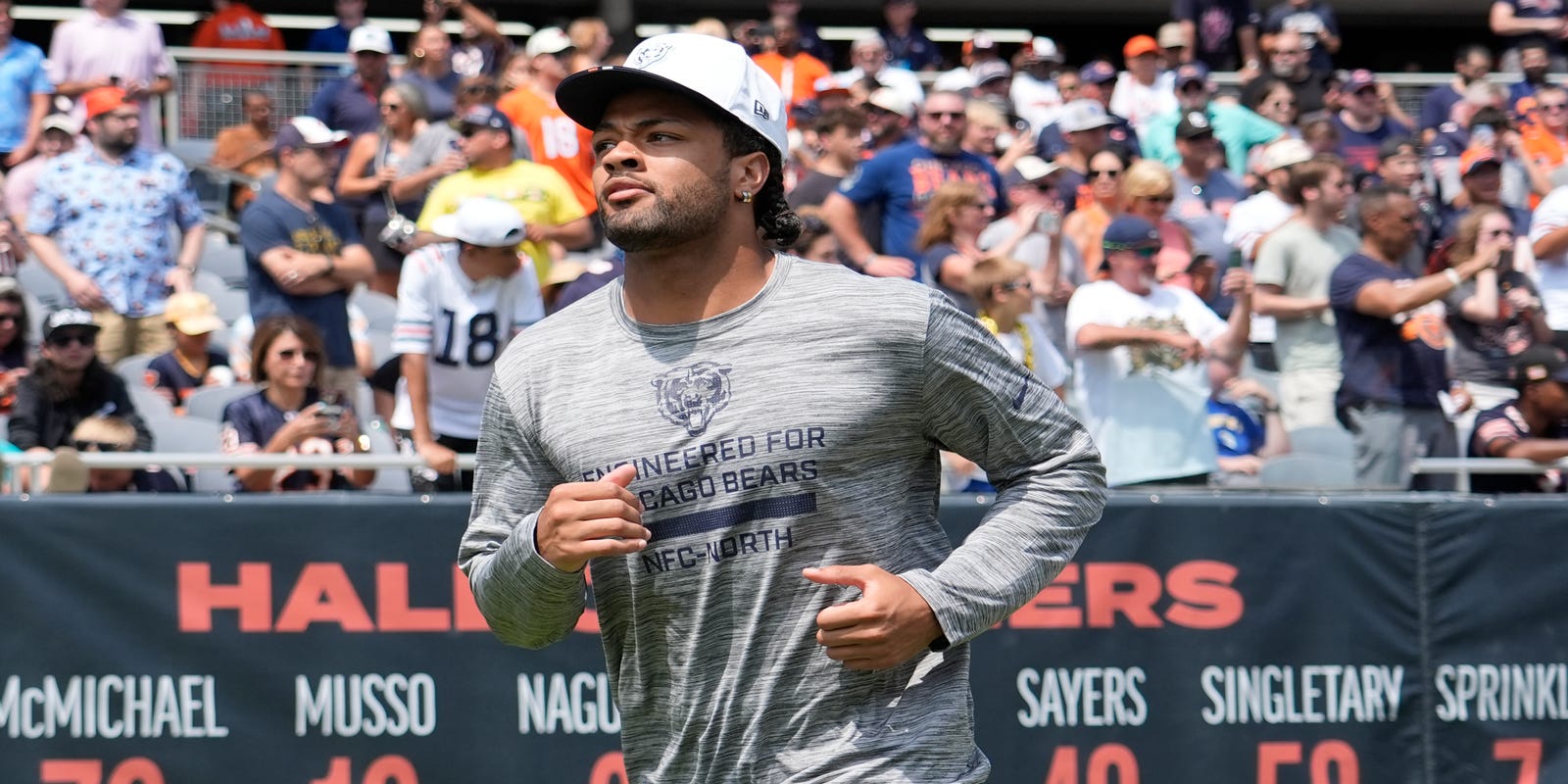
Starbucks Policy Incites National Debate: “Buy Or Be Gone”
Starbucks, the global coffeehouse chain, has sparked a heated debate with its new policy that requires customers to make a purchase before using its restrooms. Coined “Buy Or Be Gone,” the policy went into effect last week and has since elicited a torrent of criticism and support.
Public Indignation and Outrage
The policy has sparked outrage among many who view it as discriminatory and exclusionary. Critics argue that it unfairly targets homeless and marginalized individuals who may not have the means to make a purchase but still need to use the restrooms. Furthermore, they contend that it violates the spirit of public accommodation laws, which require businesses to provide equal access to all individuals.
Homeless advocates have expressed particular concern, as they fear that the policy will further stigmatize and alienate those living on the streets. They argue that Starbucks, as a large and profitable corporation, has a responsibility to support those in need, rather than turning them away.
Business Justification and Concerns
Starbucks has defended the policy, citing concerns about safety and sanitation. The company claims that the new requirement is necessary to prevent non-customers from using its restrooms for illicit activities, such as drug use or loitering. Starbucks also argues that the policy is consistent with industry practices and that it has a right to protect its property and customers.
However, critics question the validity of these claims. They argue that there is no evidence to suggest that non-customers are engaging in widespread misconduct in Starbucks’ restrooms. Additionally, they point out that many other businesses, including restaurants and libraries, allow non-customers to use their restrooms without any significant problems.
Legal Challenges and State Acts
The policy has already faced legal challenges. In Philadelphia, a homeless advocacy group filed a lawsuit against Starbucks, alleging that the policy violates the city’s Fair Practices Ordinance. The group is seeking an injunction to prevent Starbucks from enforcing the policy.
In response to the controversy, several states have introduced legislation that would prohibit businesses from denying restroom access to non-customers. These bills, known as “Bathroom Equality Acts,” have been passed in New York, Washington, and California. Starbucks has stated that it will comply with these laws.
Balancing Safety and Dignity
The Starbucks policy has ignited a complex debate about the balance between public safety, business interests, and human dignity. While Starbucks has a legitimate interest in protecting its customers and property, critics argue that the policy goes too far and unfairly discriminates against marginalized individuals.
The legal challenges and state legislation are likely to shape the outcome of this debate. It remains to be seen whether Starbucks will ultimately be forced to modify its policy or whether the courts and legislators will side with the company’s concerns about safety and sanitation.
Conclusion
Starbucks’ “Buy Or Be Gone” policy has sparked a national debate about the complexities of access to public spaces. The policy has raised important questions about the rights of homeless individuals, the responsibilities of businesses, and the balance between safety and dignity. The legal challenges and state legislation currently underway will play a crucial role in determining the future of this controversial policy.



